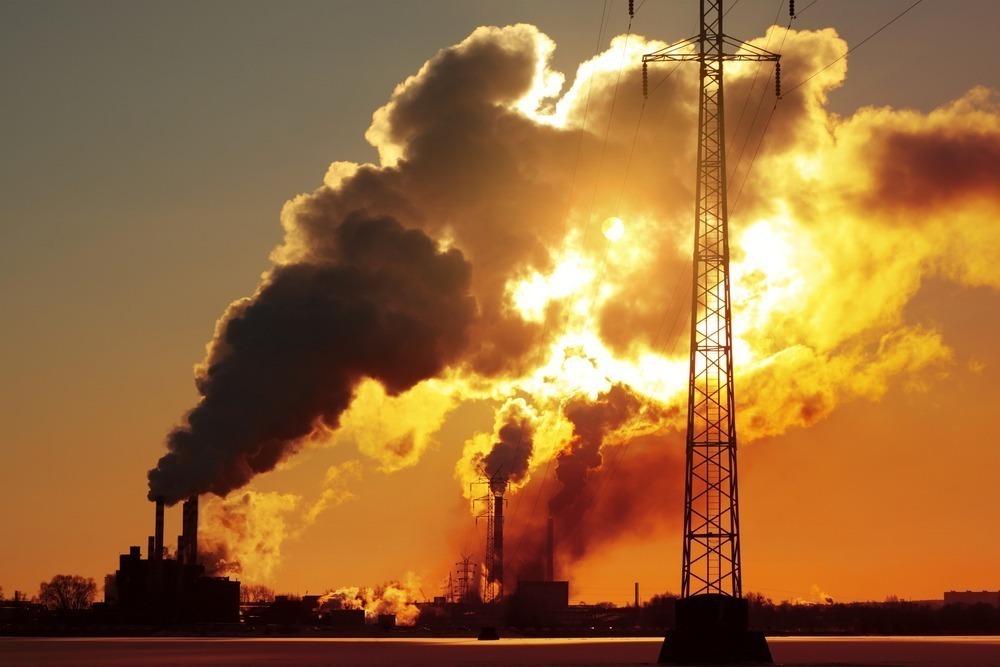A recent report by Transparency International Pakistan (TIP) has shed light on the significant economic losses Pakistan faces due to climate change-induced events, estimating a staggering $4 billion per year. The report underscores the urgent need for enhanced climate action and financial commitments to mitigate these impacts.
In its assessment of Pakistan’s current climate governance frameworks, the report emphasizes the country’s vulnerability to climate change and the importance of sufficient financing to meet its nationally determined contributions (NDC). Despite being among the top ten countries most affected by climate change, Pakistan does not rank among the top recipients of climate finance, according to the findings.
READ MORE: Karachi Fishermen Reel in Sawa Fish Valued at Rs 2 Billion
Transparency International Pakistan has put forward several key recommendations to address these challenges. These include empowering climate change institutions established under the Climate Change Act 2017, with a focus on public and expert participation. Additionally, integrating transparency and climate perspectives into project designs, enhancing capacity for auditing and reporting institutions, and ensuring compliance with transparency laws are highlighted as crucial steps.
The report also calls for bridging the policy gap between national and provincial climate policies, increasing budget allocations for climate initiatives, and establishing an open database on climate finance. Furthermore, adopting global best practices for climate governance integrity is deemed essential to effectively tackle climate change and its adverse effects on Pakistan’s economy and environment.
In conclusion, Transparency International Pakistan stresses the urgent need for strengthened climate governance in Pakistan to address the challenges posed by climate change comprehensively. By implementing the recommendations outlined in the report, Pakistan can work towards mitigating the economic and environmental impacts of climate change and securing a sustainable future for its citizens.


